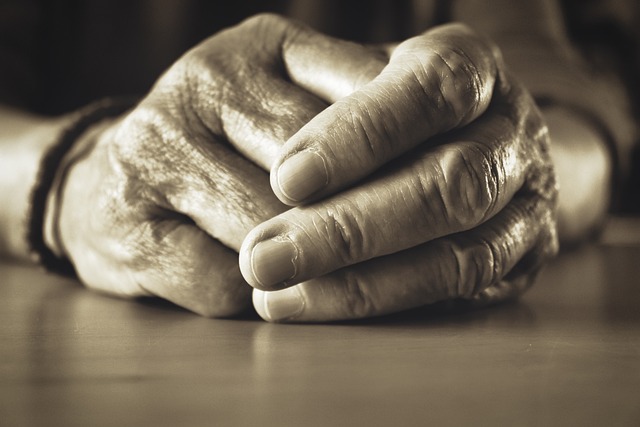Native studies keywords
Author/Editors: Teves, S. N., Smith, A., & Raheja, M.
Year: 2015
Publish: University of Arizona Press
Chapter: Nation
Page: 157-167
The term nation, nationalism, nationhood, and nation-state are deeply related with each other. Unfortunately the definitions of each are still contested.
The one says nation is a concept for any grouping of peoples who share a culture that can be traced to a particular tribe, band, or land base. But another objects that the concept native collectivities are not always rooted on bounded territories or fixed notions of communities.
The term tribe has a similar concept to nation. But nation is used to claim the political structure and organizational principles of native social and cultural experience.
According to Vine Deloria Jr., nation and nationalism are the means of asserting indigenous sovereignty toward the states. With an increase of state sovereignty, indigenous sovereignty became juritically threatened. Jeff Corntassell and Richard Witmer argue that Native nations need to develop their own political and economic systems independently of their surrounding settler state to correct “forced federalism”. And we know the colonial state diverts the concept of Indigenous nationhood for its colonial process.
Nationhood and Nation-State
Whether there’s a relationship between nationalism and the nation-state, is debated for a long time. If we view nations as a product of industrialization and modernity, nation is attached to state power. But thinking of nations as a modern states, we erase a complex global history of peoples with shared cultures that have endured since time immemorial.
The nation-states use Natives to legitimize the state’s assimilationist measures that aim to incorporate indigenous nations and lands. In order to counter with such states and to achieve decolonization, native needs its governance system reestablished with the ideology of Native nationalism. Such a nationalism should be based on the multifaceted families of Native peoples and their nations, not on exclusionary practices of nation-states.
There’s another argument that the nation-state is inevitable to define nation and nationalism, because the politics of nationhood are embedded in the state. According to such scholars, in order for colonized people to be “recognized” as nation, performing nationhood in ways that rely on the state for adjudication and legitimacy is needed. Glen Coulthard calls this practice “death dance” of recognition. Dale Turner claims that even though native people return to their traditions, decolonization is not easily go away.
Kevin Bruyneel says that indigenous nationalism occupied a “third space” on the boundaries of where American and indigenous political life came into contact. This space can be formative following to political structures. By remapping these political boundaries in both urban and rural settings, indigenous nationalism could work to help tribes gain self-determination in modern time and space. And in this space, rural and urban Indians were able to organize together, he said. There’s another case that while people use the term identity with a relationship to a homeland, you may have never been to or were removed from the land.
Nationalism, Belonging, and the Politics of Essentialism
Craig Womack engaging in literary studies, contends that Native nationalism and their sovereignty is a dynamic and fluid static. The imagination in the way that the citizens of tribal nations perceive their cultural and political identity creates formation of nationhood.
Other essentialists claim that Native nationalism comes from tribal citizenship, which rests on blood quantum, marriage, roll status; without a nation-state framework focused on citizenship and civil rights discourses indigenous nationhood can be queered.
Womack analyzes sovereignty and nationhood function as a placeholder space where Native communities can critique, contest, and engage concepts of the nation as they relate to specific traditions.
Scholars, investigating urbanization and the diaspora, take less importance on belonging to land. Because tribal communities are able to deploy cities as sites to expand tribal nationhood beyond lands. Indian nations are a modern example of the ethnie(ethnic). This is the coalescence of cultural traditions and heritage that are now represented in modernity by an ethnic group. Because Indians would be the representation of shared cultural history, and other nations recognize them as a different nation from them.
The problem about Indigenous nationalism is thought that “others” are always oppressive. But this is not true. Because Robert Warrior clarifies, tribes have always welcomed others into their nations and have strived to define responsible and right relations in the process of doing so.
Nation, nationality, nationalism—all have proved notoriously difficult to define, let alone to analyze.
Benedict Anderson (1991)
Click here to jump reading logs of other chapters of Native studies keywords.
You can buy this book from amazon.com. Click the image.



No Comments